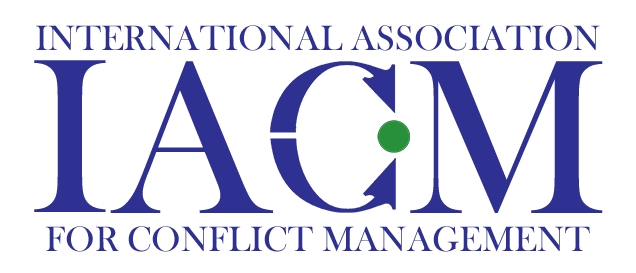Full Program »
Task Conflict among Top Managers and Firm Performance: The Moderating Effects of Information Exchange, Collaborative Behaviors, and Joint Decision Making
Keywords: task conflict; conflict; relational leadership; organizational performance
Abstract: The relationship between conflict and effectiveness has been studied for decades, but theoretical reasoning and empirical testing have not yet been applied to conflict among top managers as it affects an organization’s performance. In this study, we examined a curvilinear relationship between task conflict in management teams and organizational performance, as moderated by information exchange, collaborative behaviors, and joint decision making (or, inclusively, behavioral integration), which were influenced by CEO relational leadership. Using a field study of 555 top managers from 111 organizations in South Korea, we found that while task conflict, on average, was not associated with organizational performance, it can improve performance at a diminishing rate when information exchange, collaborative behaviors, or joint decision making is high. At a high level of task conflict, such positive effects disappeared. Additionally, we found that CEO relational leadership also moderated the conflict-organizational performance relationship indirectly through enhanced behavioral integration.
